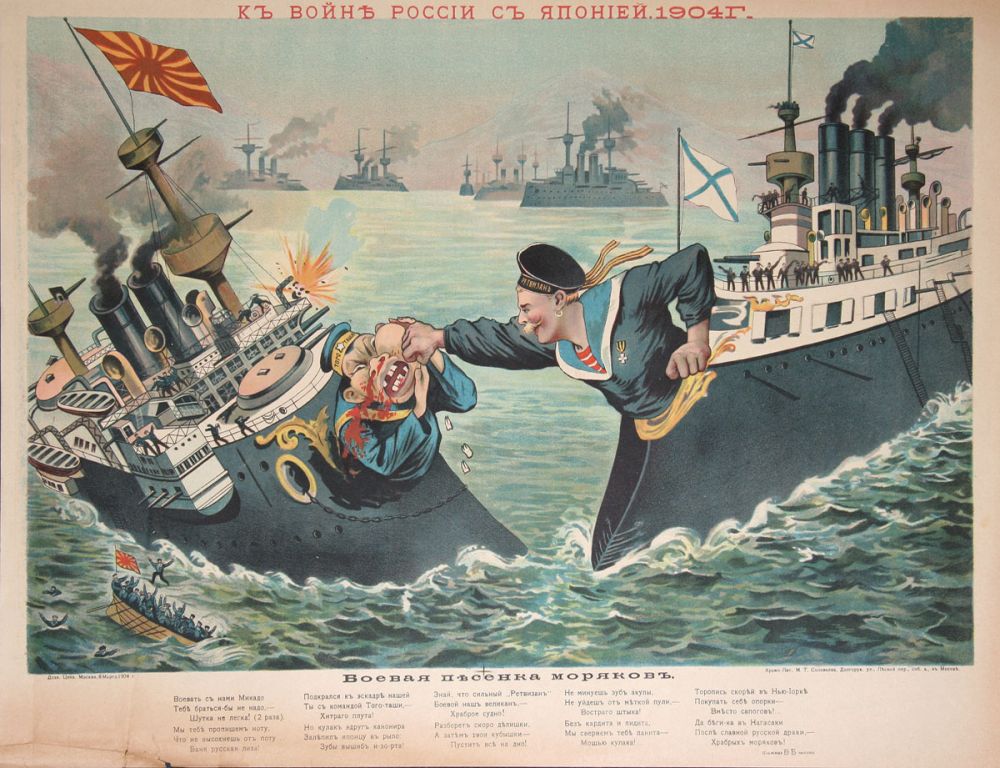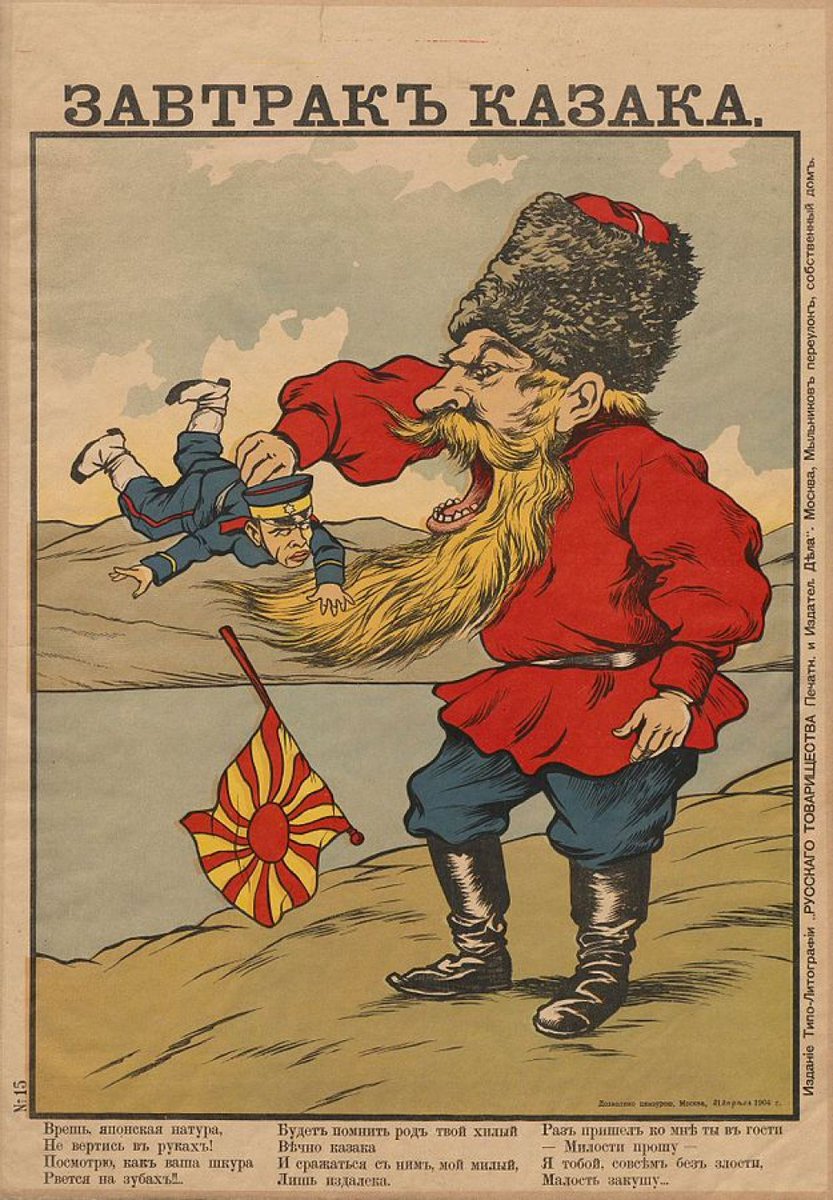The War in Ukraine in American context
In such a polarised country as the U.S., Russian invasion of Ukraine was immediately weaponised by the opposing political forces and became a basis for mutual accusations. Some of these accusations sound very reasonable 🧵
In such a polarised country as the U.S., Russian invasion of Ukraine was immediately weaponised by the opposing political forces and became a basis for mutual accusations. Some of these accusations sound very reasonable 🧵
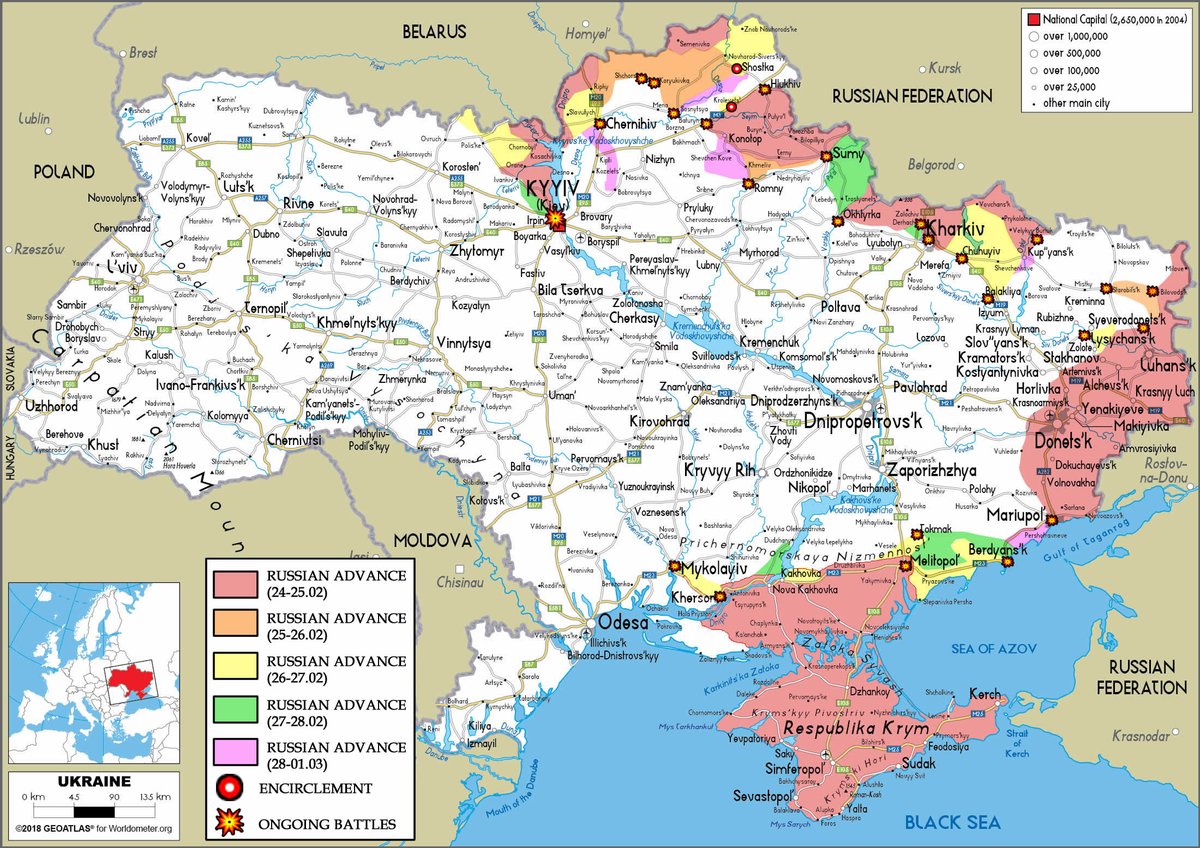
Critics of current administration often accuse it of naïveté. Which might be true. Consider this NYT article. If true, it's horrifying. That would mean they view China as a constructive partner rather than as a malevolent adversary who would do *anything* to topple the U.S. down 

And yet, position of this critics, all around the Anglosphere, is way crazier. They admit there are powerful, violent and malevolent forces who pose risks to their countries. And what do they suggest? They suggest pandering them. Because if you don't pander, you might get hurt 
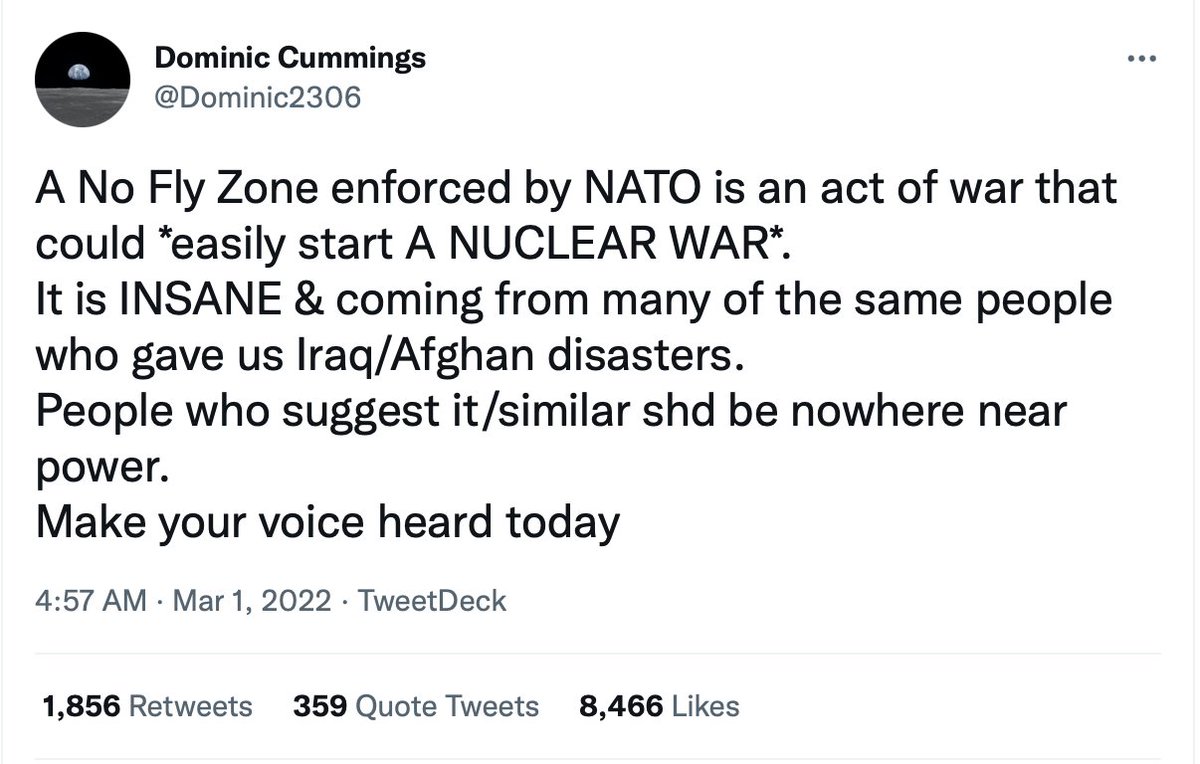
That's the single most suicidal logic in the world. It may be unclear on the international level, but it's obvious on individual one. Let me tell you about social structure and dynamics of Russian prison. The lowest position in the hierarchy is reserved for pariahs, the "cocks" 

What defines a cock? First, he must sleep by the toilet, parasha. Hence a punchline "I hear a voice from parasha" you use to destroy your opponent's argument, by suggesting he's a cock. Ofc, a cock will be raped by anyone. There's other stuff Twitter might block me for describing 
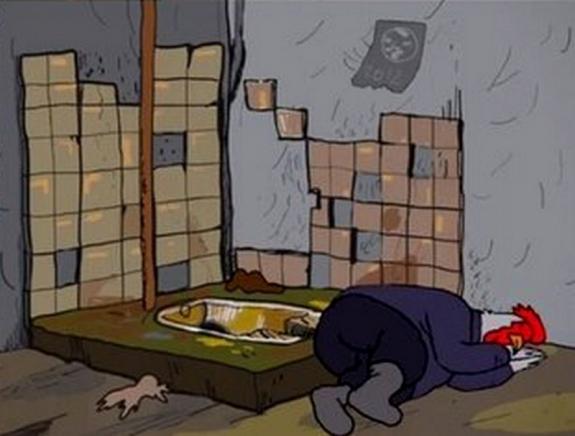
Now, how do you become a cock? Largely by consenting to it. Ofc nobody would ask you directly "wanna be a cock?" and nobody would ever agree. Agreement is given implicitly, step by step, by acting nicely, reasonably and avoiding confrontation. Which "moves you down" in hierarchy 

Formally, the process is very legalistic. The Law of Thieves, gives a looooong list of taboos (sexual, etc) and if you ever broke them, that's a reason to be moved down. But - there are two problems. First, *everyone* in prison broke them systematically. And everyones know that 

Second, how can they know what you did before jail? They can't. Unless you tell them yourself, admit it. Then you're done. So they'll use schemes, threats, pressure to get you confession and move you done. Hence nice friendly talks in prison are not friendly, they're malevolent 

So, if your cellmate asks you about your life, great answer is:
- With which purpose are you asking? С какой целью интересуешься?
That's great cuz:
1. You show you're aware of his malevolent intentions
2. You refuse to cooperate or to show your cards
3. You counterattack
- With which purpose are you asking? С какой целью интересуешься?
That's great cuz:
1. You show you're aware of his malevolent intentions
2. You refuse to cooperate or to show your cards
3. You counterattack
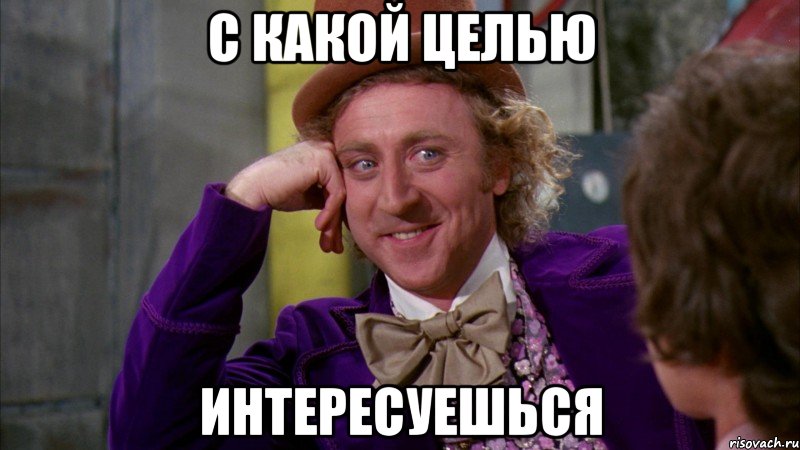
You're not only refusing to explain yourself, but demanding HIM to explain himself. If you explain yourself at his demand, you accept that he has right to question you. You made a concession. And he'll demand new one, by asking additional questions. Then others join
Every concession you made, every question you responded to, marks the new boundary you *yourself* recognised. You make a retreat. And why would you retreat, if you were not stupid, craven and absolutely guilty? A 100% cock 

There are two valid theoretical frameworks for the cock problem: idealism, and realpolitik. In idealistic paradigm, the more you explain yourself, the stronger evidence they collect to move you down. Realpolitik-wise however, concessions = sign of weakness and thus the way down 

If you just made a counterattack: "With which purpose are you asking?", you would not only reject his right to question you, but assert *your* right to question him. He can back off. Your status up, his down. Or if he's dumb, he'll start explaining himself. A certain way down 
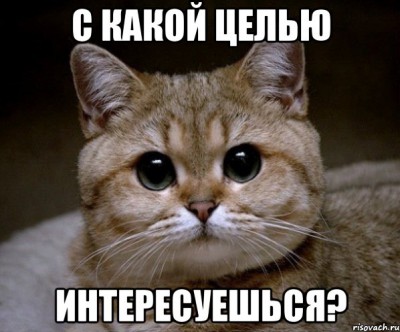
Then why don't people make this strong, obvious counterattack? Well, exactly because it is a counterattack. It *is* escalation and they don't want an escalation. Are they insane to quarrel with this violent, unpredictable guy? It's a prison after all, he can hurt them 

The way done is usually consensual. You act nicely, reasonably as a responsible stakeholder in the prison community. And this is exactly how you end up a cock. Meanwhile, the guy who toppled you, doesn't want to look rational. He will project violent impulsive unpredictable image 

Proponents of "reason" forget that every theory and every approach has its limits of applicability. The same with presumed "reason". It works only as long as your rivals want a constructive partnership. But if they're malevolent and strive to topple you down, that's suicidal 

Do they want to work out a constructive partnership or to destroy you? Let's be honest, you know the answer. This guy didn't *really* believe his cellmates are his friends. He was scared and rationalised his fear through self-delusions. His niceness was another name for cowardice 

How is relevant to the ongoing conflict. To start with, Russian ruling class is no stranger to this culture. They actively hang out and do "business" with mafia 
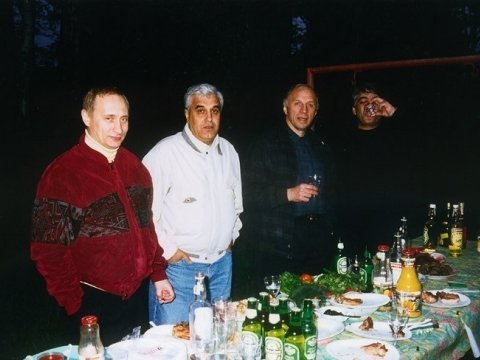
They act like mafia - here you see a parade of alumni of the FSB academy. Federal Security Service is as their chief told "the new nobility" of Russia and the very elite core of the regime. They own the country 

Furthermore. If we think in higher orders, every violent, chaotic society developed a culture of irrationality also called a "honour culture". In Appalachians, Scottish Highland, Caucasus, people were absolutely ready to kill and die for abstract concepts such as honour. Why? 
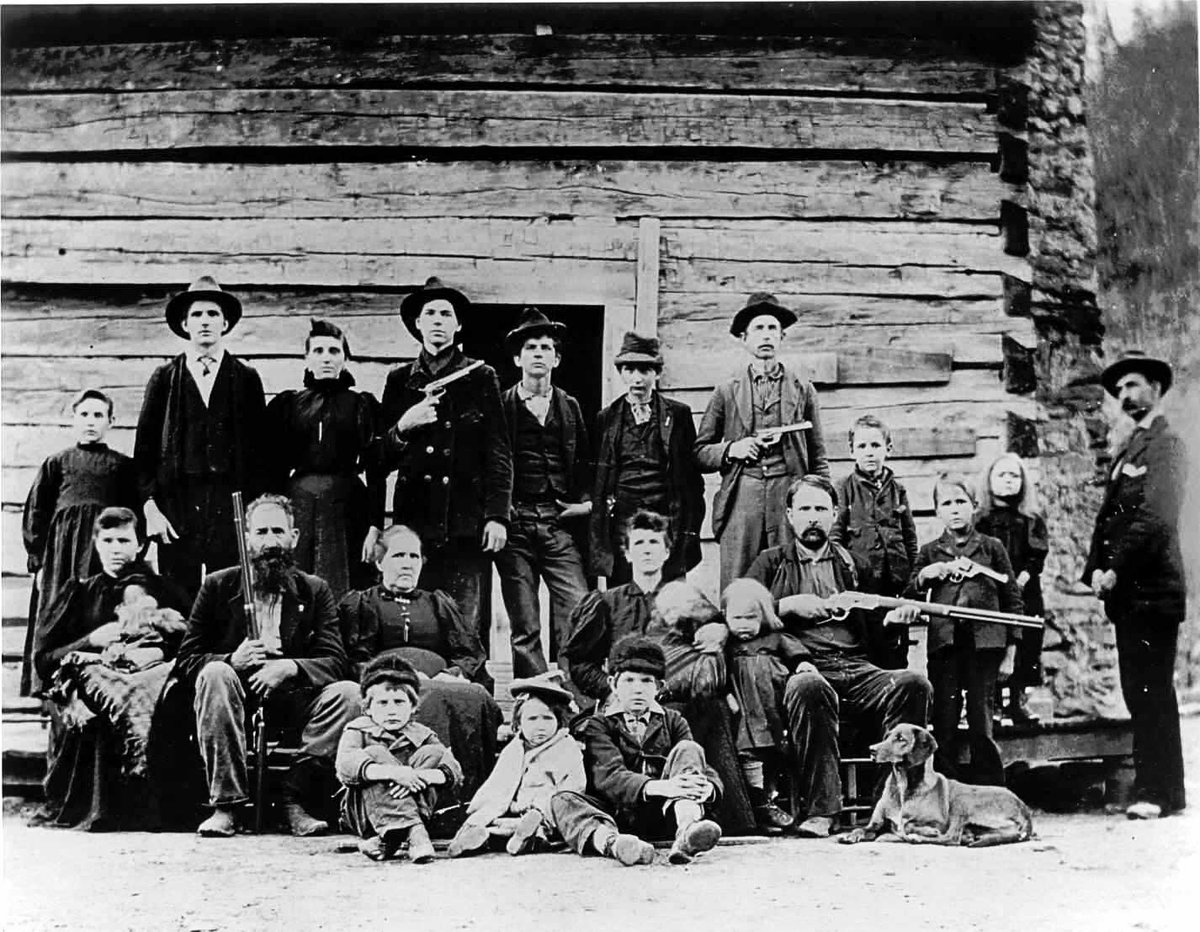
Because it's evolutionary stable. Idiots dismiss the culture of honour as "irrational". Meanwhile in given circumstances that's not only the most rational, but the only possible course of action. There are tons of malevolent actors around and you *must* scare them off to survive 
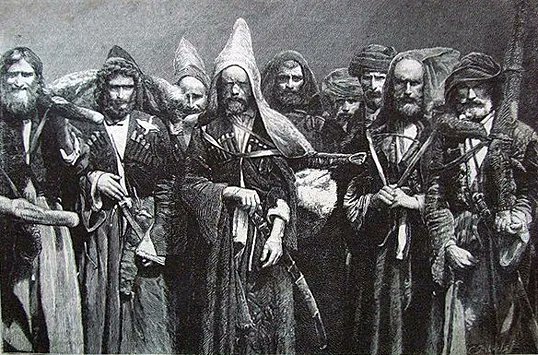
Cultures of honor naturally develop *wherever* there's no higher power to impose the rule of law. That proves it's the only evolutionary stable strategy under these circumstances. The more unpredictable image you project, the more cautious the malevolent actors will be 
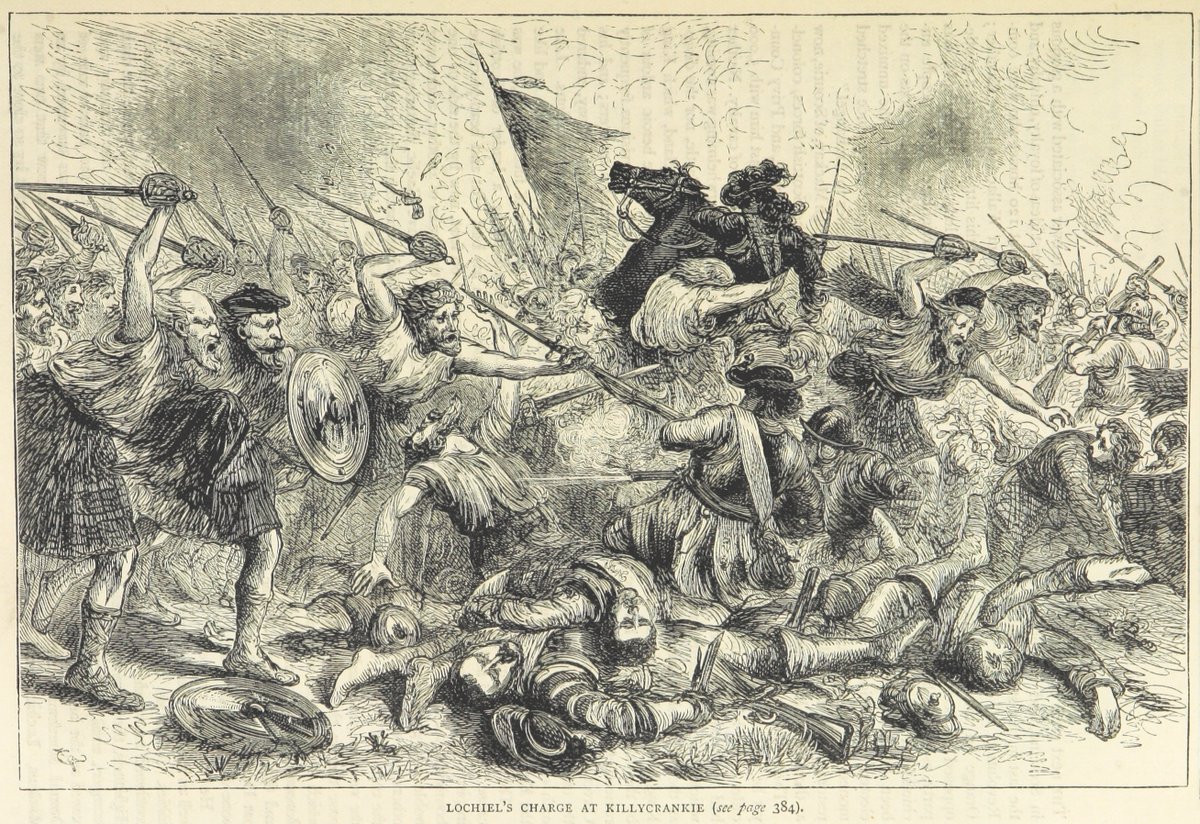
There is a fundamental flaw with this "reasonable approach" when dealing with malevolent actors. Let's assume you prioritise not getting hurt and everyone knows it. Then malevolent actors know you'll make any concession. Because at every single moment standing up is too risky 
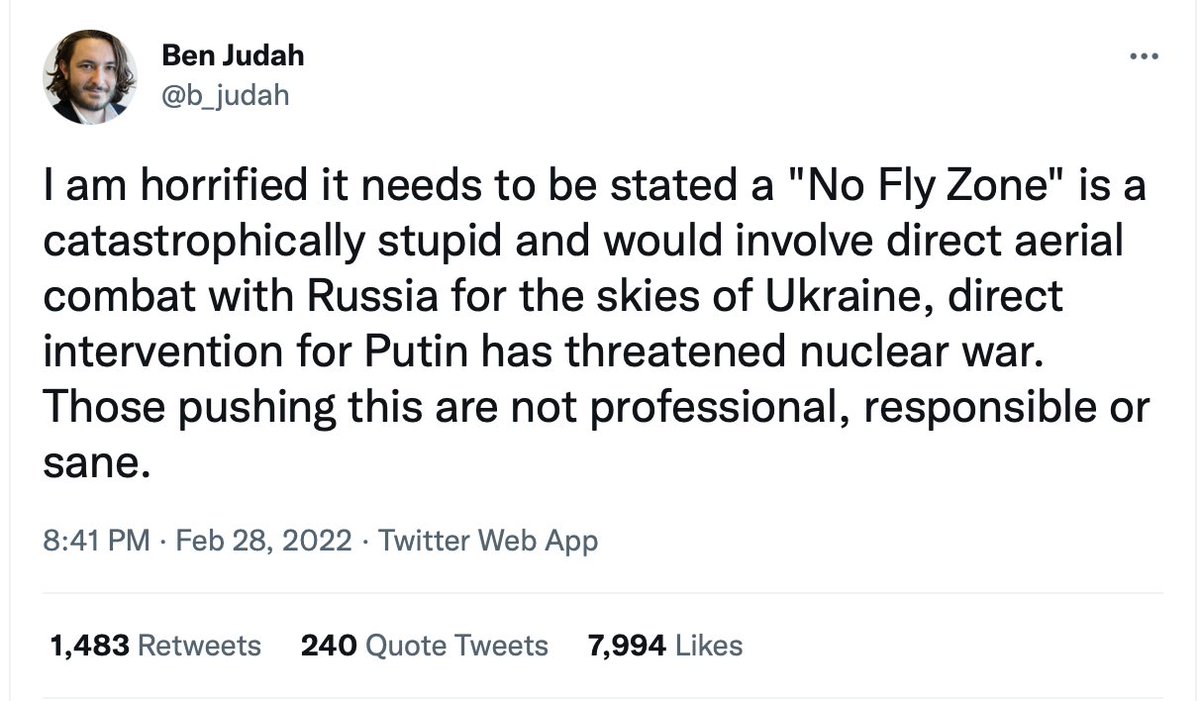
If every single confrontation is too risky and thus a concession from you is guaranteed, then a malevolent actor will purposefully design a confrontation and get a concession. Which you will give because otherwise you can get hurt. Then again. And again. Until you are moved down 

The honour isn't a burden. It's a shield that protects you from the malevolent actors. If your honour prohibits you to give concessions and the malevolent one truly thinks so, he won't make demands. Furthermore, if he thinks you are unpredictable, he'll be afraid to provoke you 

The confrontation is not a kinetic conflict. It is a social game built on mythos, beliefs and psyops. Malevolent powers purposefully project unpredictable image to scare you into submission. They pretend to be determined, unbending, uncompromising so there's no point in resisting 

That's just a compensation for the most part. Consider this invasion of Ukraine. Putin declared he's launching this attack to do a regime change and "denazify" it and called for negotiations the next day. He didn't expect resistance and started to looking for way out immediately 
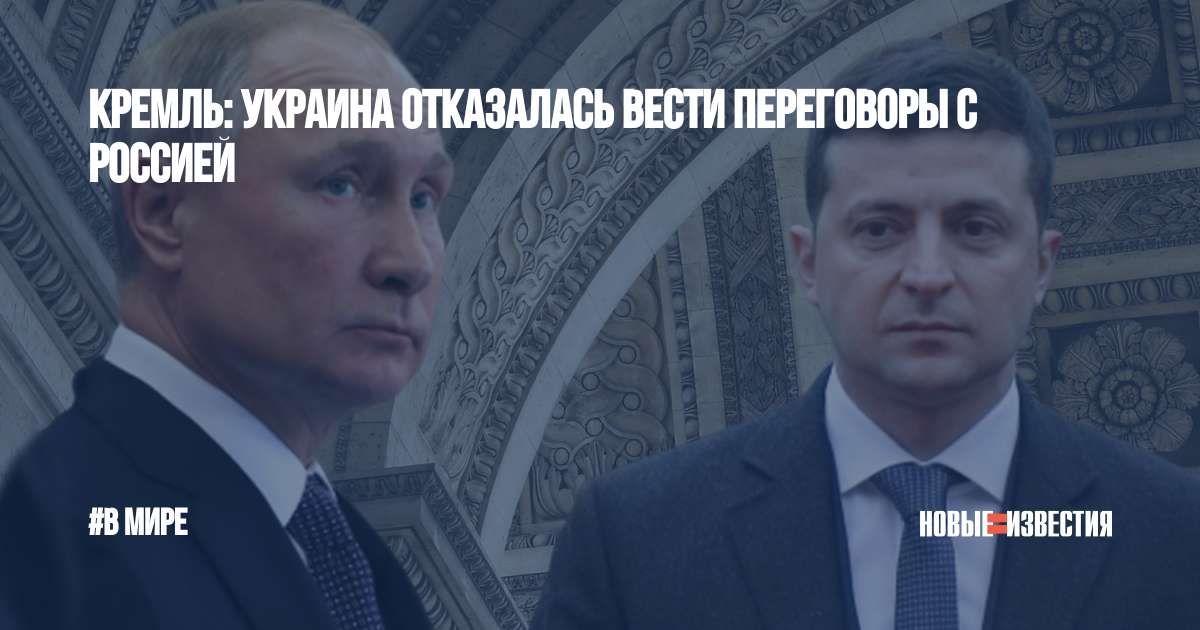
Russian social media look pretty funny. One of my favourite comments with tons of likes is kinda "keep calm, you don't really think Putin would do this without clearly understanding the consequences and what to do next?". That's the unironically loyalist position right now
In a sense Putin made a mistake declaring his invasion of Ukraine. In Georgia and in Chechnya he claimed to be beating off the aggression or the "provocation". That was BS ofc, but he denied responsibility for the escalation. And now he admitted it himself, publicly, willingly 
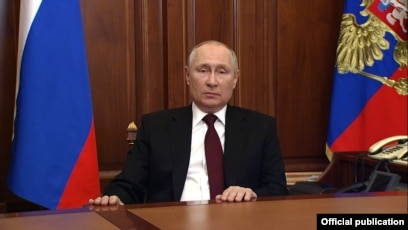
That will be disastrous for him not regarding the world public opinion, but regarding his reputation in Russia. Why did he declare it's *he* who started the war? Because he expected 100% win and was PR-maxing. Thus he proudly assumed responsibility for the guaranteed victory 
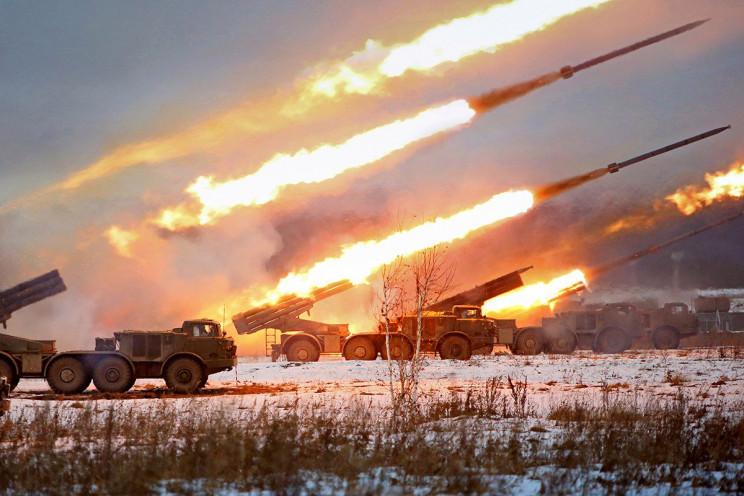
But now the victory doesn't look that guaranteed. And even the loyalists are telling each other to keep calm, cuz the national leader surely knew what he was doing. But with every day, with every new sanction, with inevitable hyperinflation, they'll be questioning this assumption 

Consider the following. Typically such regimes fall after a small victorious war they initiated and lost. Again, typically they were absolutely certain they would win and thus attacked. For this reason the defeat brings huge disillusionment and destroys the legitimising mythos
For example the key factor of the fall of Russian Empire was the Russo-Japanese War of 1904-1905. That's how Japan was portrayed in the war propaganda. A tiny country, puppet of foreigners, no match to our great forces 

Imperial hubris looks striking. Japanese were portrayed as subhumans, yellow slant-eyed macaques who will 100% be beaten both on land 

But the effect of this propaganda was double-edged. The more effort was invested, the more people believed in the assured victory of this lower race, the greater was the disillusionment from Russian defeats, both on land, and on sea 
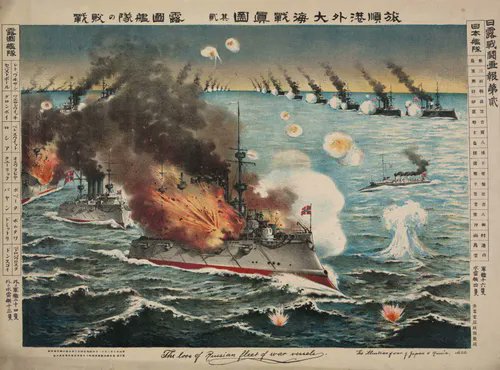
Konstantin Balmont's poem "Our Tsar" shows how a defeat in small victorious war delegitimised the monarchy
It starts with "Our Tsar is Mukden, our Tsar is Tsushima", locations of the lost battles and ends with the prophecy of Tsar's execution. Which is exactly what would happen
It starts with "Our Tsar is Mukden, our Tsar is Tsushima", locations of the lost battles and ends with the prophecy of Tsar's execution. Which is exactly what would happen

Interestingly enough, Russia didn't technically suffer a military defeat. Yes it lost battles, but it could carry on very long - Japan would run out of people first. But in order to carry on, you need a mythos. And it was destroyed. Tsar became weak, ridiculous, "a cleaning rag" 
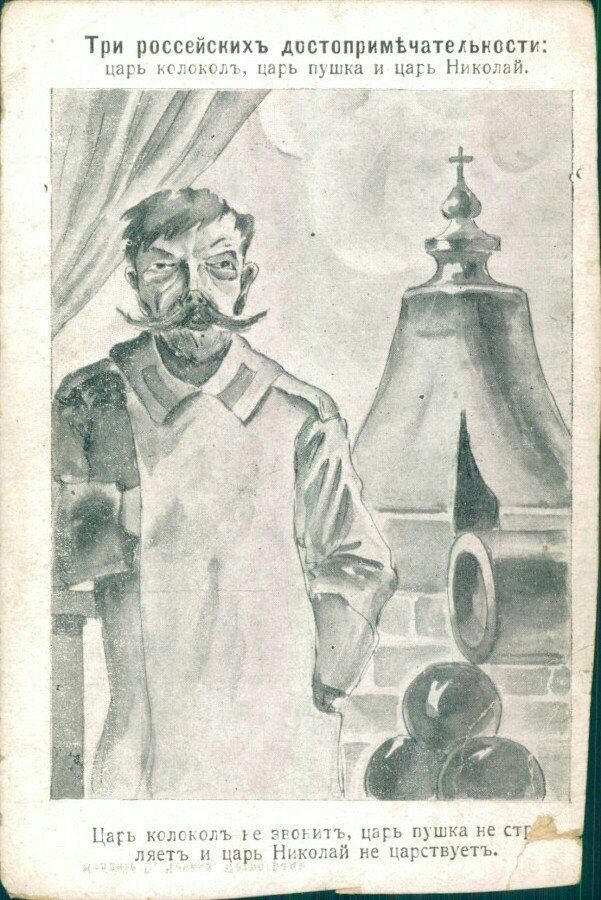
Firstly, unrests with socio-economic demands started. Of course they were suppressed (see the Bloody Sunday of 1905) 

This sparked armed rebellions all around the country, most importantly in Moscow which was the second biggest city after St Petersburg. Moscow totally went out of control 
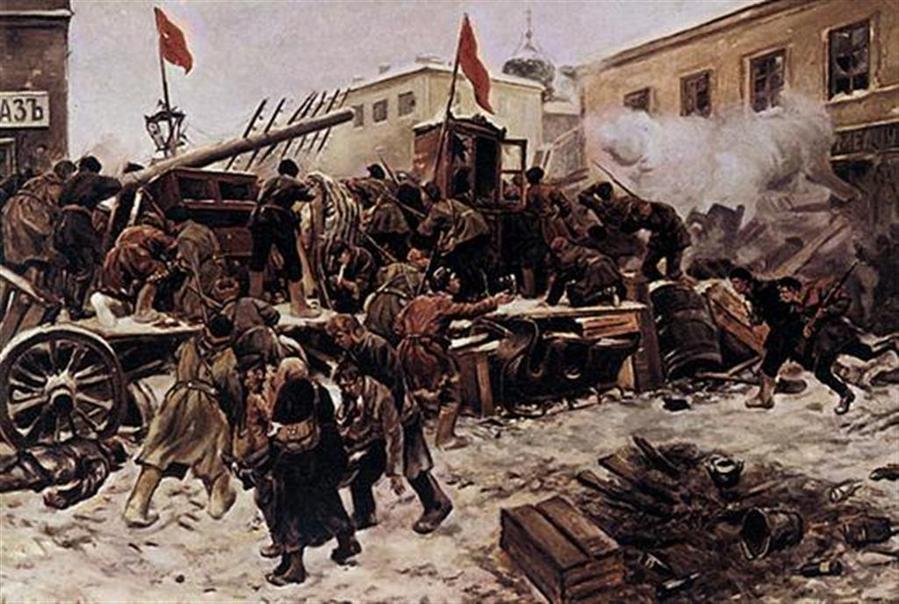
Worst of all Potemkin battleship rebelled. Navy was the most loyal force and now it started going out of control. This makes sense. Power is mythical in nature and once the mythos is gone, power is gone too. Any misconvenience (in this case rotten meat in soup) can spark a revolt 

Although the army and most importantly the Imperial Guard didn't rebel, Tsar wasn't quite sure for how long. Officers are reliable but are the soldiers? He had to work out a compromise. 17 October 1905 he agreed for the Parliament and for Constitution. Absolute monarchy was over 
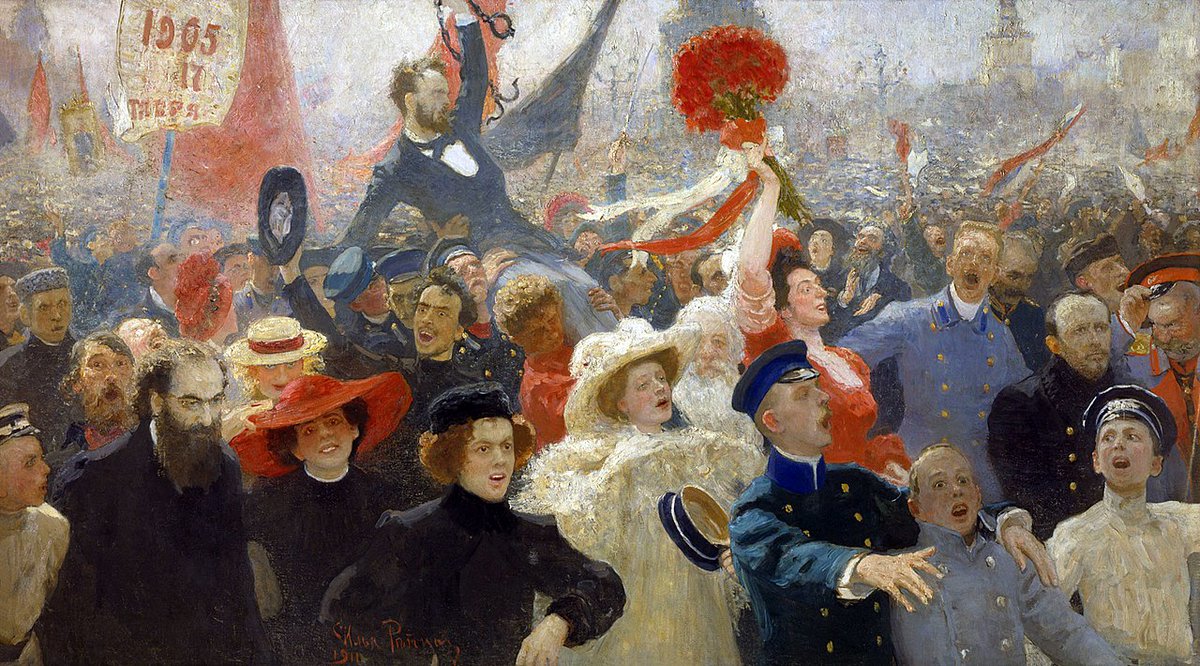
But it was too late. These reforms could potentially lead to a compromise if they were done willingly and much, much earlier. At this point it became crystal clear that Tsar was weak and pathetic. He would never allow ant border political participation unless forced to it 

Meanwhile, when forced he backed off and gave concessions. What does it mean? It means anyone can scare him to whatever. He's timid, fearful, pathetic. He shouldn't rule. In 12 years empire was gone, because both army and the Guards refused to suppress another revolt 

Let's sum up. International conflict is not a kinetic clash of inanimate powers. It's a confrontation of two human collectives consisting of animate creatures united by a mythos. Doing whatever you find convenient and ignoring how it affects your mythos isn't smart. It's suicidal 

One should care not only of inner but also of outer mythos, a reputation. International relations are sometimes quite similar to the prison relations. In both cases you are locked with malevolent actors who want and can hurt you. And you can't get anywhere. Don't give concessions 

Concept of honour isn't stupid. It is an evolutionary stable strategy which independently co-evolved in dangerous stateless societies. It's not a burden, it's a shield. Not only against others but also against your own cowardice, stupidity and delusions which would 100% kill you 
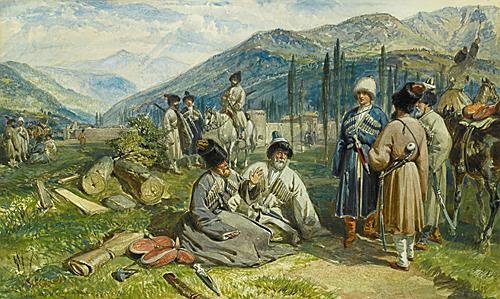
Finally, the malevolents forces you face are animate. They are human institutions coordinated by a mythos. If the mythos is gone, they're gone too. Fortunately with time passing, their hubris grows and they start acting stupidly. If you don't fall for a psyop, they lose. End of🧵 
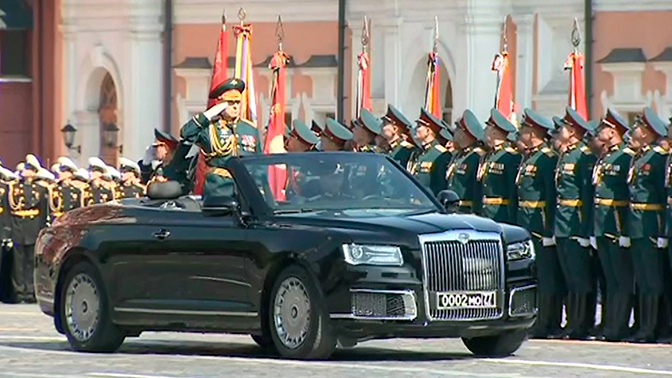
• • •
Missing some Tweet in this thread? You can try to
force a refresh


